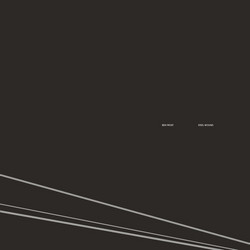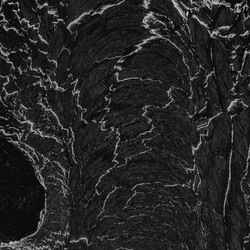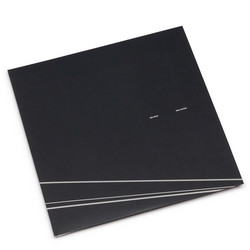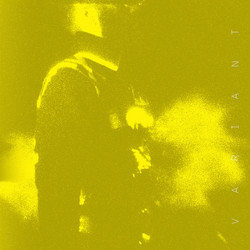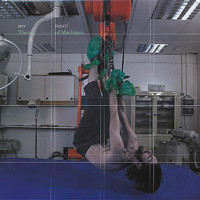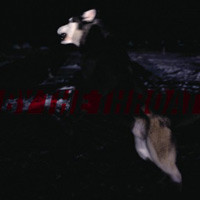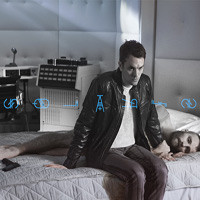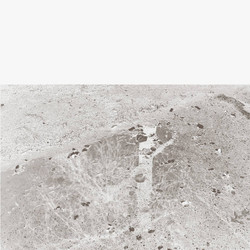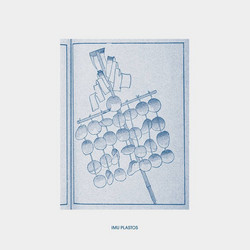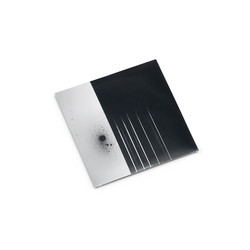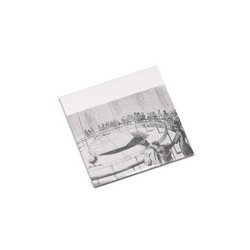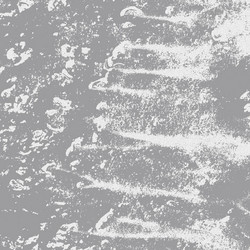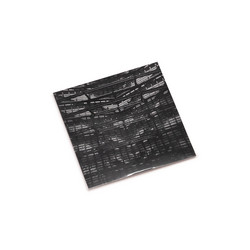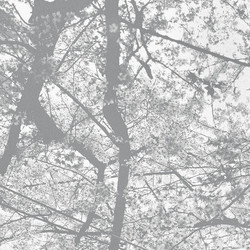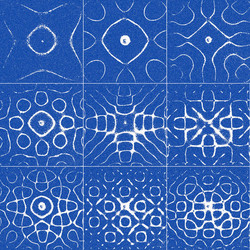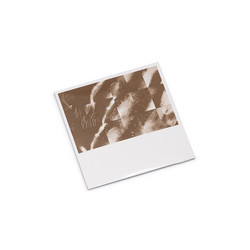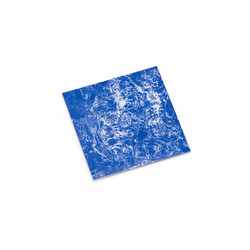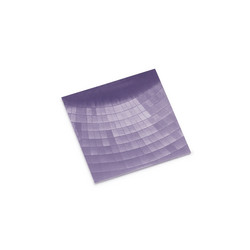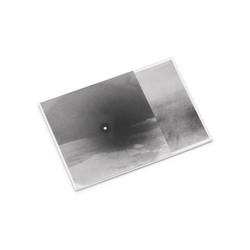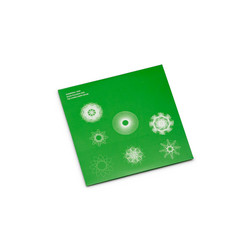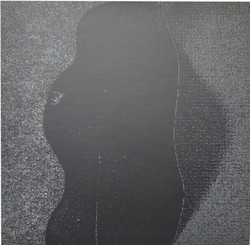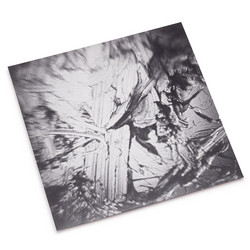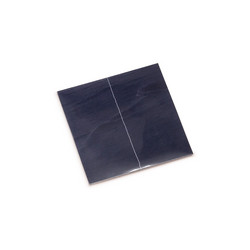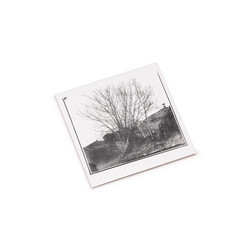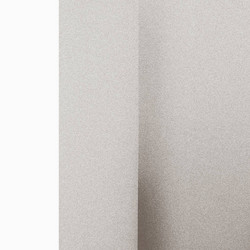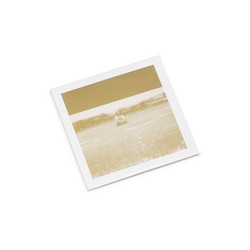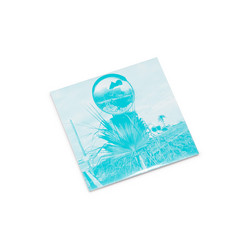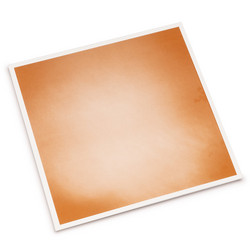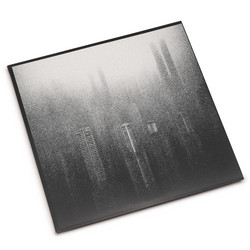There's something almost mythic about the circumstances surrounding Ben Frost's "Steel Wound", the kind of original story that would sound fabricated if it weren't so perfectly aligned with the music itself. In early 2003, Frost found himself at a derelict cabin on Johanna Beach along Victoria's Great Ocean Road, with nothing but the constant wind off Bass Strait for company and a guitar setup that would change everything. What emerged from those isolated sessions wasn't just another ambient guitar record—it was a complete reimagining of what Frost's sound could become.
The album, originally released in 2003 and now receiving the deluxe vinyl treatment from Room40, represents a singular moment in an artist's evolution, the point where scattered influences crystallize into something unmistakably personal. The backstory, as told by Room40's Lawrence English, reveals the careful orchestration behind what might seem like spontaneous creation. English recalls discussing the ideas that would become "Steel Wound" as early as 2002, when Frost was still navigating the world of cut-up electronics and Ableton Live experiments. But something was missing—a certain verticality, as English puts it, that the studio couldn't provide.
The solution was radical in its simplicity: remove the constraints entirely. At Johanna Beach, Frost could finally work with saturation, volume, and density as immediate, physical realities rather than post-production decisions. Armed with a Fender Twin with reverb perpetually maxed out, he discovered what English describes as "a language of shimmer and saturation, of compression and collision". His approach was purely textural rather than harmonic or melodic, drawing long sounds from steel-wound strings and processing them into what Pitchfork described as "a slowly swelling and morphing mass of shimmering icicle tones that hang in the air like wraiths of smoke".
What makes "Steel Wound" particularly fascinating is how it functions as both culmination and beginning. The album's limited tonal palette and decidedly minimalist approach places Frost in conversation with contemporaries like Stars of the Lid and Keith Fullerton Whitman, yet his vision remains distinctly personal. The standout "You, Me and the End of Everything" features vocalist Jane Wentzki, whose voice merges with heavily processed guitar as Frost chops and distorts it, creating what critics called "ten minutes of pure phase aural bliss". Each piece carries the weight of that isolation, textured with field recordings and vocal fragments that sketch emotional landscapes as vast as the ocean beyond the cabin.
This new vinyl edition, cut at Dubplates & Mastering in Berlin, offers the kind of physical presence the music demands. The packaging itself tells the story— guitar strings stretched across a black field, reflecting the album's limited tonal palette and wide-open spaces. This is sound that needs to occupy space, to push against the boundaries of speakers and rooms, creating what Pitchfork called "an exemplary ambient experience" with "chilly textures that are easy to immerse yourself in, and even occasionally transcendent". English calls it "a pulsing beacon in an ocean of noise that has been flickering for two decades now"—music that reminds us that sometimes the most important discoveries happen not in the studio, but in the spaces between civilization and wilderness, where sound can finally breathe.

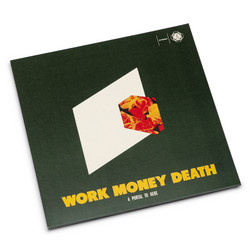
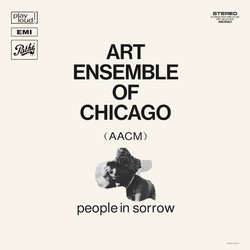
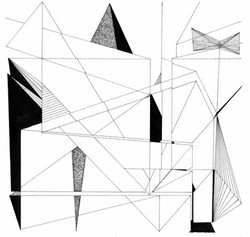
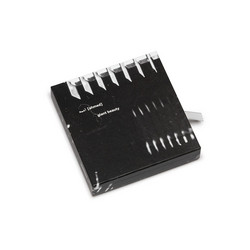
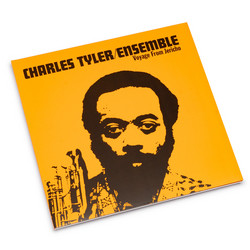
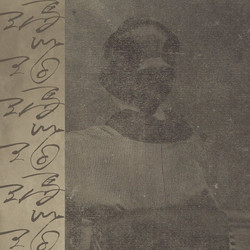
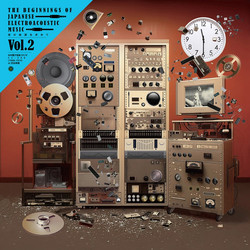

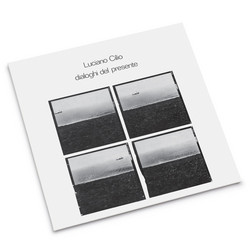
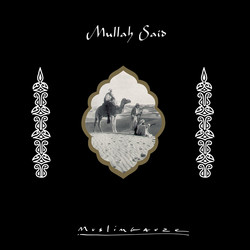
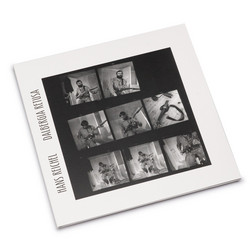

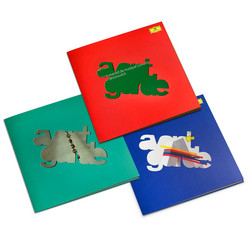
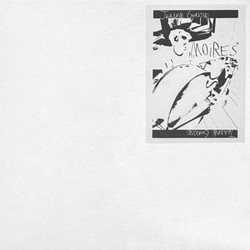
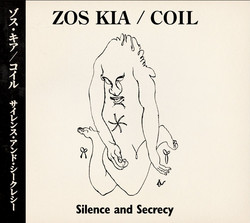
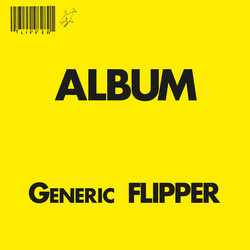
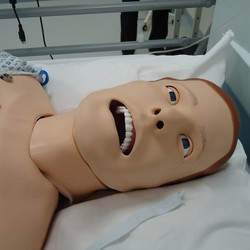
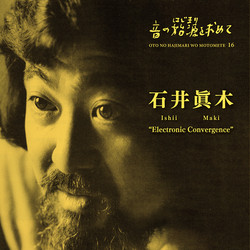

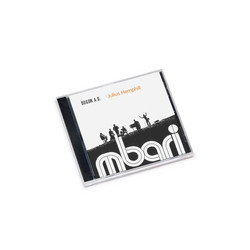
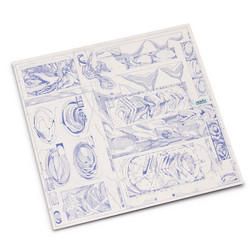
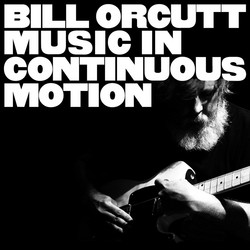
![data-cosm [n°1]](https://cdn.soundohm.com/data/products/2026-02/ikedda-data-cosm-1-jpeg.jpeg.250.jpg)
